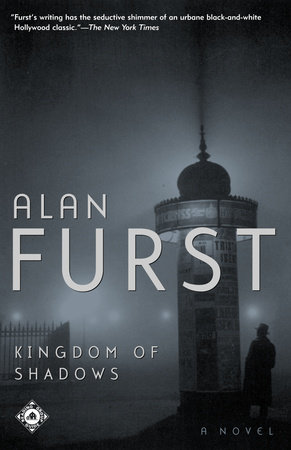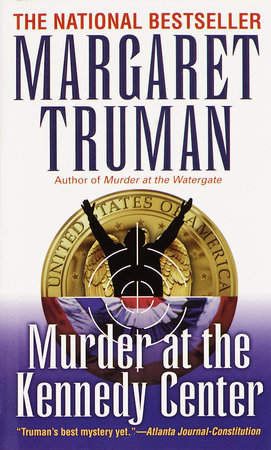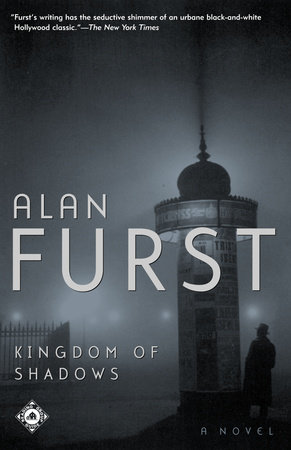

Kingdom of Shadows
By Alan Furst
By Alan Furst
By Alan Furst
By Alan Furst
Part of Night Soldiers
Part of Night Soldiers
Category: Spy Novels | Historical Fiction | Suspense & Thriller
Category: Spy Novels | Historical Fiction | Suspense & Thriller

-
$21.00
Oct 09, 2001 | ISBN 9780375758263
-
Mar 13, 2001 | ISBN 9780375506802
YOU MAY ALSO LIKE
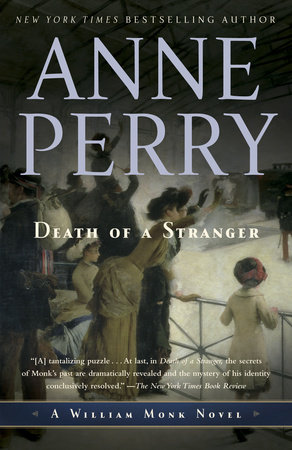
Death of a Stranger
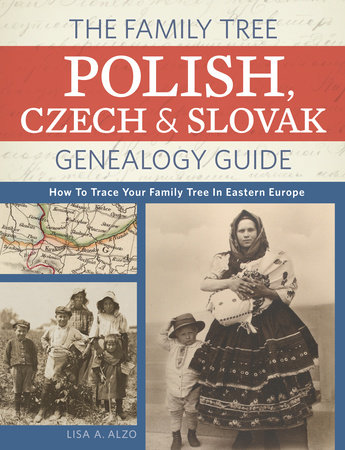
The Family Tree Polish, Czech And Slovak Genealogy Guide
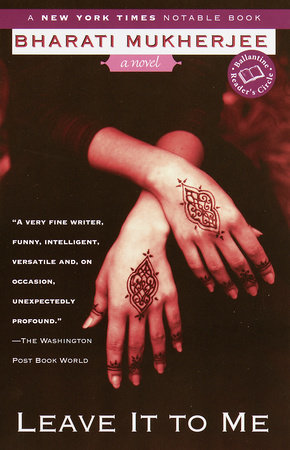
Leave It to Me
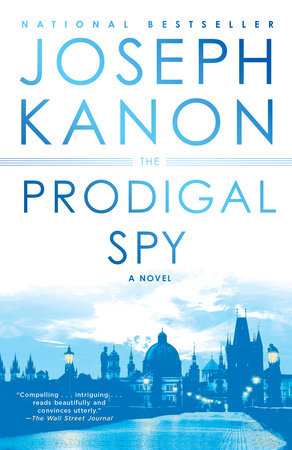
The Prodigal Spy
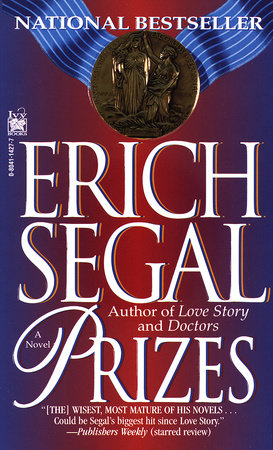
Prizes
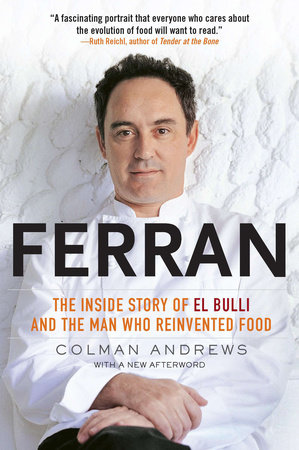
Ferran
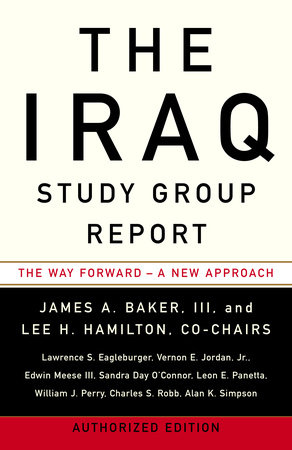
The Iraq Study Group Report

The Catcher Was a Spy
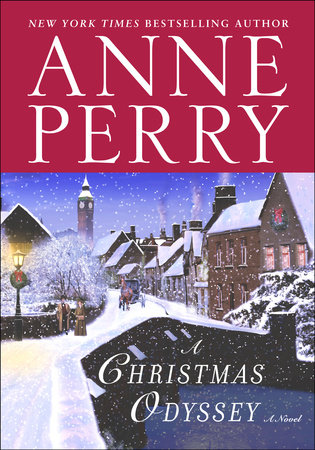
A Christmas Odyssey
Praise
“Compares most favorably with the virtuoso European thrillers of Graham Greene and especially Eric Ambler. . . . This is a major, masterful entertainment.”—Bill Bell, New York Daily News
“In my estimation Kingdom of Shadows is a masterpiece. Furst is here writing at the height of his powers, confident of his style, tone and content. And his evocation of that dark time of the soul, before and during the second World War, reverberates in the mind just as that famous Beethoven symphony call- sign echoed in the airwaves over Europe all those years ago.”—Vincent Banville, The Irish Times
“[Kingdom of Shadows] is as good as a John le Carré, but with a richer ambience of ‘old’ Europe. It manages to be as atmospheric as a Brassaï photograph or a Peter Lorre film, yet is unfailingly tense at the same time, never losing sight of the political horror under the period detail.”—Phil Baker, The Sunday Times (London)
“What gleams on the surface in Furst’s books is his vivid, precise evocation of mood, time, place, a letter- perfect re- creation of the quotidian details of World War II Europe that wraps around us like the rich fug of a wartime railway station.”—Johanna McGeary, Time
“Alan Furst’s books are addictive—if you like one, you have to read them all.”—Mark Horowitz, New York magazine
“With Kingdom of Shadows, Furst has firmly ensconced himself in the upper echelon of writers of literate historical fiction. A Furst novel, as this one shows in spades, is one that should be savored, never hurried. Settle back, immerse yourself in some great writing about a fascinating if terrifying time when the world was on the brink of a terrible darkness.”—Tom Walker, The Denver Post
“[A] perfect blend of fact and fantasy. . . . The book is a rare treat.”—James Norton, The Christian Science Monitor
“The novel’s strengths lie in how it sets its traps; Morath’s best efforts to combat the Reich often benefit the side he’s fighting against. Our hero is undermined again and again. As Furst details Morath’s emotional and political vertigo, Kingdom of Shadows is undeniably intelligent and harrowing.”—Charles Wilson, The New York Times Book Review
21 Books You’ve Been Meaning to Read
Just for joining you’ll get personalized recommendations on your dashboard daily and features only for members.
Find Out More Join Now Sign In






